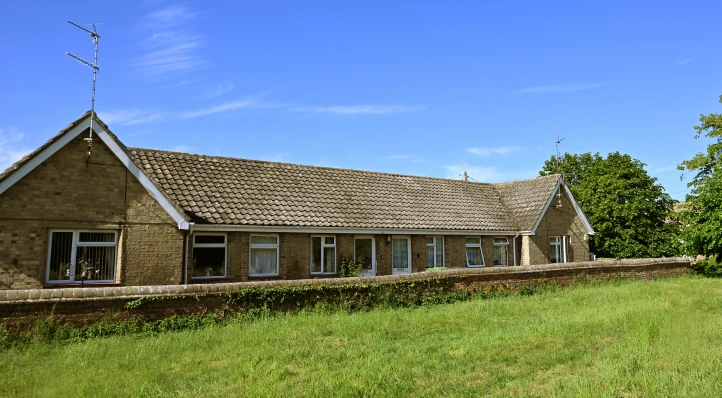The Legacy of Almshouses
The concept of almshouses dates back to the 10th century, when they were established as religious institutions aimed at caring for the poor, elderly, and infirm. Often, they were founded by wealthy benefactors who wanted to give back to their communities or ensure their charitable legacy. Over time, almshouses evolved into small communities where residents, typically the elderly poor, could live in modest, self-contained homes within a shared complex.
While almshouses originally provided basic lodging and care for those in need, they have adapted over the centuries to meet the changing needs of society. Today, they offer sheltered housing for elderly people who are capable of living independently but require a safe and supportive environment.
In Welney, Norfolk, the establishment of almshouses was part of a broader charitable effort by William Marshall, a 17th-century lawyer and benefactor. Following his illness and recovery in Welney, Marshall founded the Charity in 1661, which has since played a vital role in supporting the local community. In 1847, the charity funded the construction of almshouses alongside a new school and church, providing housing for six poor widows.
These almshouses in Welney are a testament to Marshall’s lasting generosity and his commitment to the welfare of the village. Managed as part of the Charity, they continue to serve the community by offering affordable housing to those in need, particularly elderly residents who may have limited financial means.


Applying for an Almshouse
The Charity accepts applications for its Almshouses from anyone currently resident in East Cambs, Fenland or King’s Lynn and West Norfolk (as in accordance with its objectives). Preference is given to individuals with a connection to Welney.
For generations the Almshouses have housed local people, with a connection to Welney, in housing need.
Who Can Apply?
There are no specific criteria linked to age, gender, marital status or employment, applications are invited from all persons or couples in housing need, when there is a vacancy.
Please note that residents are responsible for their own utility charges and council tax, a weekly maintenance contribution is payable, reviewed annually, car parking is not currently available.
The charity is currently accepting expressions of interest for an almshouse vacancy at the end of the year. Expressions of interest can be made to the clerk.
Contact Us
If you are interested in applying for an almshouse or would like more information, please contact the Charity clerk. They can provide detailed guidance on the application process, eligibility criteria, and current availability. Almshouses offer more than just housing—they provide a community, security, and a sense of belonging for those who need it most.

